
123rf
Renting a place that suits your style while accommodating your budget can feel like a tightrope walk over a bustling city intersection. It’s crucial to recognize the red flags that signal your current rent may be straining your finances too much.
Here’s a list of 12 tell-tale signs that it’s time to reassess your housing costs or risk jeopardizing your financial health.
1. Your Rent Eclipses 30% of Your Income
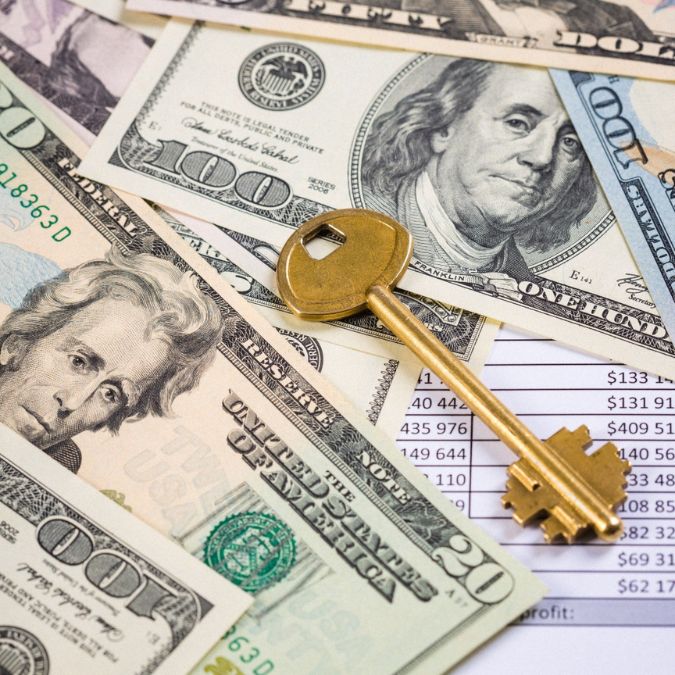
123rf
Financial experts often cite spending no more than 30% of your pre-tax income on rent as a rule of thumb.
If your rent swallows a bigger portion of your paycheck, you might be setting yourself up for a financial crunch. This figure doesn’t just come out of thin air; it’s designed to ensure you have enough left for other essentials like food, transportation, and savings.
2. You’re Regularly Late on Rent
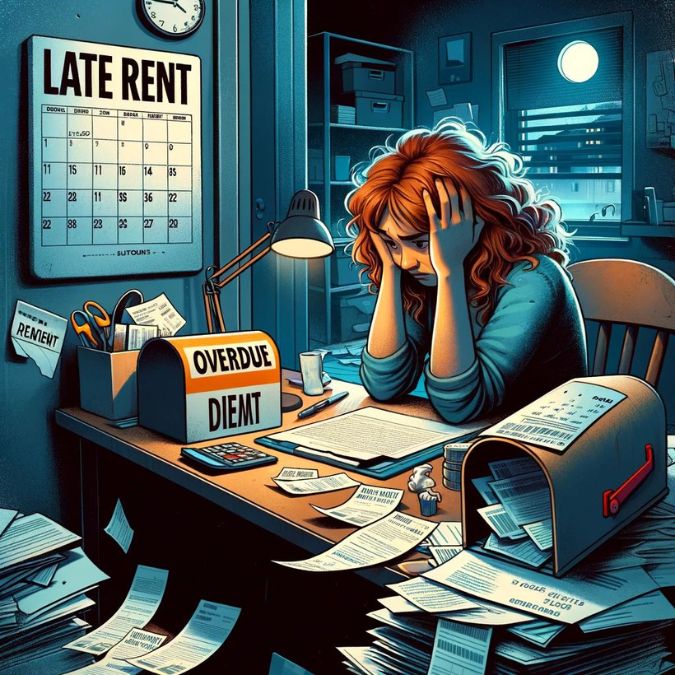
DALL-E
If you find yourself frequently racing against the due date for your rent or paying late fees, it’s a stark indicator that your rent might be more than you can handle.
Consistently delayed payments indicate that your budget needs recalibration to better align with your income.
3. Savings? What Savings?
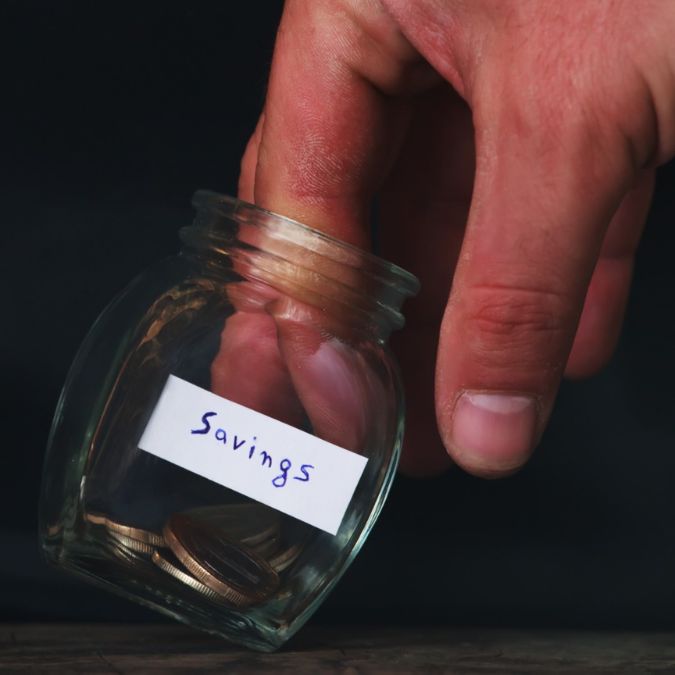
123rf
The ability to save money while covering expenses is a hallmark of good financial health. If your high rent keeps you from saving money, you may need to consider more affordable living arrangements.
Remember, unforeseen expenses can arise, and without savings, you’re in a precarious financial position.
4. You Dread the Bill Each Month
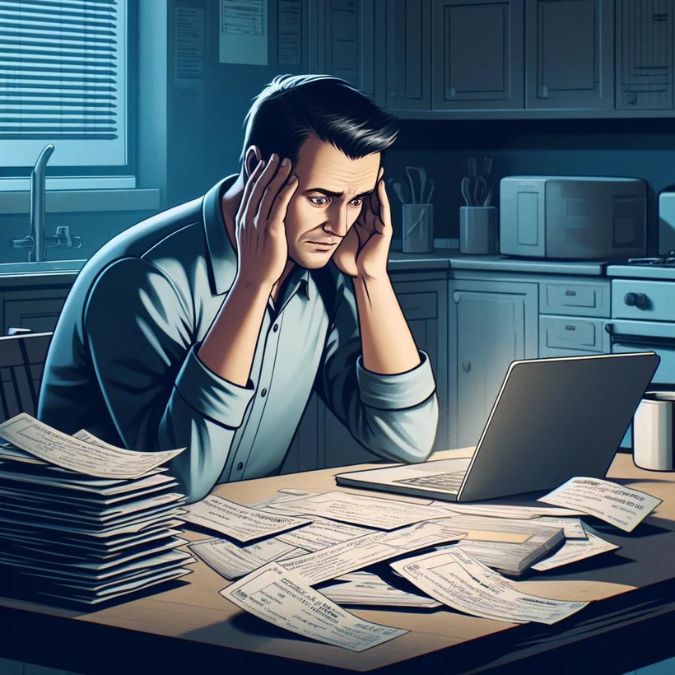
DALL-E
The psychological effect of unaffordable rent can be as significant as the financial strain. If the thought of your rent bill fills you with dread each month, it might be time to look for a place that feels financially comfortable rather than a monthly nightmare.
5. Your Credit Cards Are Maxing Out

123rf
Relying on credit cards to get through the month because your rent is too high is a slippery slope into debt. If you notice your credit card balances creeping up and you’re covering more of your daily expenses on credit, your housing costs might be to blame.
6. You Have No Room for Emergency Expenses
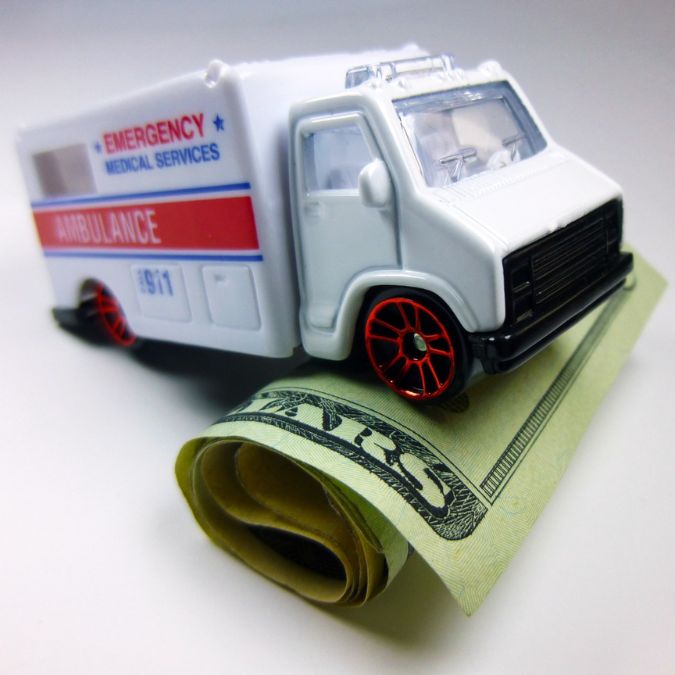
123rf
An affordable rental allows you to handle unexpected expenses—a car repair, a medical bill, or an urgent trip.
If paying your rent means you can’t afford to manage emergencies, your financial setup needs tweaking. A healthy budget includes a buffer for the unpredictable.
7. You’re Cutting Back on Essentials

DALL-E
When you start slashing your grocery budget or skimping on health care to afford your rent, it’s a warning that your living situation isn’t sustainable. Sacrificing essentials means your rent is not only unaffordable—it’s threatening your well-being.
8. You Can Barely Cover Utility Bills
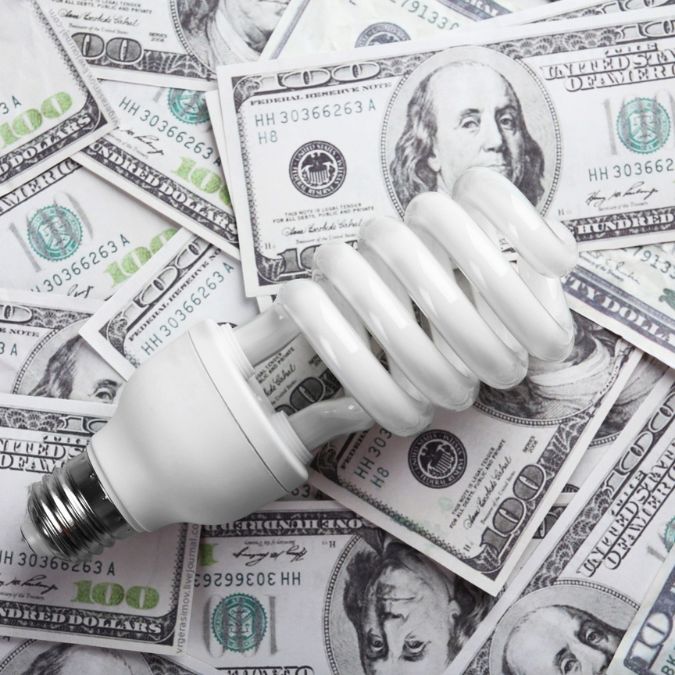
123rf
Utility bills can vary, but if they’re causing stress each month on top of your rent, you might be living beyond your means. When the basics like electricity and water become a burden, it’s clear that something’s got to give.
9. No Cash for Socializing

123rf
Social interactions are vital for mental health. If you find yourself declining invitations because you’re strapped for cash after paying rent, you’re missing out on more than just fun.
Over time, this isolation can take a toll on your overall happiness and social relationships.
10. Your Work-Life Balance is Suffering

123rf
If you’re working extra hours or taking a second job just to make rent, your work-life balance may be off-kilter. Long-term, this isn’t sustainable.
Your quality of life shouldn’t suffer for the sake of keeping an expensive roof over your head.
11. You’re Ignoring Debt Repayment

123rf
If your rent makes it difficult to chip away at your debt, it’s time to rethink your living situation. Ignoring debt to pay rent can lead to higher interest costs and a damaged credit score—issues that could haunt your financial future.
12. Your Financial Stress is Skyrocketing

123rf
Lastly, if financial anxiety is your constant companion because of your rent, it’s more than a sign—it’s a red flag waving furiously.
Financial stress can affect every aspect of your life, from your relationships to your physical health.
Is It Time to Move?

123rf
Recognizing these signs early can save you from financial and emotional distress. Your living situation should be a source of comfort, not constant financial anxiety.
If too many of these signs ring true, it might be time to start apartment hunting again. Remember, it’s about finding a balance that works for your wallet and well-being.
Read More
If You Can’t Pay Your Rent-Use These 6 Tips to Stop An Eviction
5 Ways to Save Up to Buy a House
